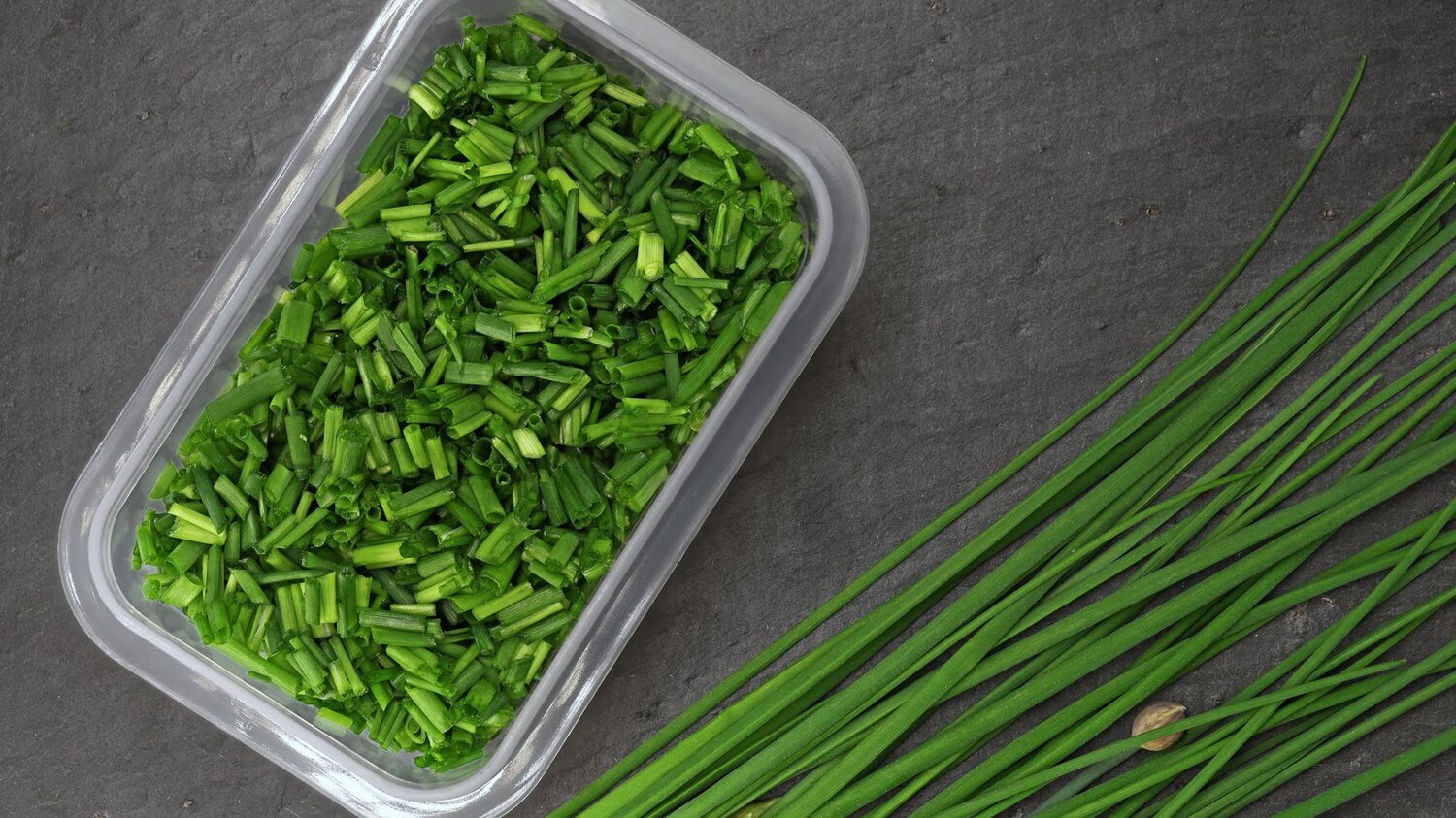

Articles
How To Store Chives In The Fridge
Modified: August 21, 2024
Discover the best way to store chives in the fridge with our informative articles. Keep your chives fresh and flavorful for longer with these handy tips.
(Many of the links in this article redirect to a specific reviewed product. Your purchase of these products through affiliate links helps to generate commission for Storables.com, at no extra cost. Learn more)
Introduction
Welcome to our guide on how to store chives in the fridge! Chives are a versatile and flavorful herb often used in various dishes, from soups and salads to garnishes for savory dishes. Properly storing chives is essential to maintain their freshness and flavor for a longer period of time. In this article, we will explore why storing chives in the fridge is beneficial and provide you with step-by-step instructions on how to do it.
Chives are a member of the Allium family, which also includes onions, garlic, and leeks. Like other herbs, chives have a limited shelf life once harvested. By storing chives properly, you can extend their freshness and ensure that they remain vibrant and flavorful for your culinary creations.
There are a few reasons why storing chives in the fridge is the best method of preservation. Firstly, refrigeration helps to slow down the enzymatic activity and oxidation process that can cause herbs to lose their flavor and texture. Secondly, the cool and humid environment of the fridge helps to maintain the moisture content of the chives, preventing them from wilting or drying out too quickly. Lastly, storing chives in the fridge helps to minimize the growth of bacteria that can lead to spoilage.
Now that we understand the importance of storing chives in the fridge, let’s dive into the step-by-step guide on how to do it properly. There are three main methods you can use, depending on your preference and the available resources: wrapping in a damp paper towel, placing in a resealable bag, or storing in a glass of water. Each method has its own advantages, so let’s explore them in detail.
Key Takeaways:
- Keep chives fresh for longer by storing them in the fridge. Choose from wrapping in a damp paper towel, using a resealable bag, or placing in a glass of water to maintain their flavor and nutritional value.
- Handle chives gently, remove excess moisture, and avoid exposure to ethylene to maximize their shelf life. Experiment with freezing for longer-term storage and enjoy the vibrant, flavorful touch of chives in your culinary creations.
Read more: How To Store Chives In Water
Why store chives in the fridge?
Storing chives in the fridge is the best way to preserve their freshness and flavor for an extended period. Here are a few reasons why refrigeration is ideal for storing chives:
- Slows down enzymatic activity: Chives, like other herbs, contain enzymes that are responsible for the breakdown of nutrients and the deterioration of flavor. Refrigeration slows down the enzymatic activity, helping to preserve the freshness and flavor of the chives for a longer time.
- Prevents wilting and drying out: Chives are high in moisture content, and without proper storage, they can quickly wilt and dry out, losing their vibrant green color and crisp texture. The cool and humid environment of the fridge helps to maintain the moisture levels, keeping the chives fresh and preventing them from wilting or drying out too quickly.
- Minimizes bacterial growth: Bacteria thrive in warm and moist environments, and storing chives at room temperature can promote the growth of harmful bacteria, leading to spoilage. Refrigeration helps to slow down bacterial growth, ensuring that your chives remain safe for consumption for a longer period.
- Preserves nutrients: Chives, like many other herbs, contain essential vitamins and minerals. Storing them in the fridge helps to retain these nutrients, ensuring that you benefit from the maximum nutritional value when using them in your dishes.
- Enhances shelf life: When stored properly in the fridge, chives can last up to two weeks, allowing you to have a steady supply of fresh herbs for your culinary needs without worrying about them spoiling quickly.
Overall, storing chives in the fridge is the best method to preserve their freshness, flavor, and nutritional value. It helps to slow down spoilage, maintain their moisture content, and prevent wilting or drying out. In the next section, we will explore the step-by-step guide to storing chives in the fridge through different methods.
Step-by-step guide to storing chives in the fridge
Properly storing chives in the fridge is a simple and effective way to keep them fresh and flavorful for an extended period. Here is a step-by-step guide on how to store chives in the fridge:
- Harvest or purchase fresh chives: Start by either harvesting fresh chives from your garden or purchasing them from a local farmer’s market or grocery store. Look for chives that are vibrant green in color, firm, and free from any signs of wilting or discoloration.
- Inspect and clean: Before storing, carefully inspect the chives for any damaged or discolored leaves. Remove any wilted or yellowed parts. Then, rinse the chives under cold water to remove any dirt or debris. Gently pat them dry with a clean towel.
- Choose your storage method: There are three main methods to choose from when storing chives in the fridge: wrapping in a damp paper towel, placing in a resealable bag, or storing in a glass of water. You can select the method that suits your preference and the resources available to you.
- Method 1: Wrapping in a damp paper towel: Take a damp paper towel and wrap it loosely around the bunch of chives. This helps to maintain the moisture levels and prevent wilting. Place the wrapped chives in a resealable plastic bag or an airtight container.
- Method 2: Placing in a resealable bag: If you prefer not to use a damp paper towel, you can simply place the chives in a resealable plastic bag. Ensure that the bag is sealed tightly to minimize air exposure.
- Method 3: Storing in a glass of water: Another method is to trim the bottom ends of the chives and place them upright in a glass or container filled with about an inch of water. Cover the chives loosely with a plastic bag and secure it with a rubber band. This method helps to keep the chives hydrated and fresh.
- Label and refrigerate: Once you have chosen your preferred storage method, label the container or bag with the date of storage. Place the chives in the refrigerator’s vegetable drawer or a dedicated compartment where the temperature is slightly cooler and the humidity levels are higher.
- Usage and maintenance: When you’re ready to use the chives, simply remove the desired amount from the fridge and carefully unwrap or take them out of the storage container. Rinse them under cold water, pat them dry, and chop or mince as needed in your recipes. Remember to return any unused portions back to the fridge promptly for maximum freshness.
By following these simple steps, you can ensure that your chives stay fresh, flavorful, and ready to enhance your culinary creations. In the next sections, we will explore each storage method in more detail and provide additional tips for prolonging the shelf life of chives in the fridge.
Method 1: Wrapping in a damp paper towel
One of the easiest and most common methods to store chives in the fridge is by wrapping them in a damp paper towel. This method helps to maintain the moisture content of the chives, preventing them from wilting or drying out too quickly. Here’s how you can do it:
- Prepare a damp paper towel: Take a clean paper towel and dampen it with water. Make sure it is not dripping wet, but evenly moist throughout.
- Trim and bundle the chives: Trim the bottom ends of the chives to remove any wilted or discolored parts. Then, gather the chives into a small bundle, aligning the stems.
- Wrap the chives: Place the damp paper towel around the base of the chive bundle, covering the stems. Gently wrap the paper towel around the chives, creating a loose but secure wrap.
- Store in a container: Place the wrapped chives in a resealable plastic bag or an airtight container. Make sure the container is properly sealed to prevent air exposure.
- Label and refrigerate: Label the container with the date of storage to keep track of freshness. Then, place the container in the vegetable drawer or a dedicated compartment in the fridge where the temperature is slightly cooler and the humidity levels are higher.
- Usage and maintenance: When you need to use the chives, simply remove them from the fridge and carefully unwrap the paper towel. Rinse the chives under cold water to remove any excess moisture from the paper towel. Pat them dry gently and proceed to chop or mince them as needed for your recipes.
By wrapping chives in a damp paper towel, you create a microclimate that helps to retain their moisture and freshness. This method is simple, cost-effective, and allows the chives to stay fresh for up to two weeks in the fridge.
Next, we will explore another method of storing chives in the fridge, which involves placing them in a resealable bag.
Store chives in the fridge by wrapping them in a damp paper towel and placing them in a resealable plastic bag. This will help keep them fresh for up to a week.
Method 2: Placing in a resealable bag
Another effective method for storing chives in the fridge is by placing them in a resealable bag. This method helps to keep the chives fresh and prevent them from wilting or drying out. Here’s how you can do it:
- Inspect and clean the chives: Before storing, carefully inspect the chives for any damaged or discolored leaves. Remove any wilted or yellowed parts. Rinse the chives under cold water to remove any dirt or debris. Gently pat them dry with a clean towel.
- Choose a resealable bag: Select a resealable plastic bag that is large enough to comfortably accommodate the chives. Ideally, choose a bag specifically designed for food storage, as it will help maintain the freshness of the chives.
- Place the chives in the bag: Depending on the length of the chives, you may need to trim them down to fit into the bag. Carefully place the chives into the bag, arranging them in a single layer to prevent crushing or bruising. It is important not to overcrowd the bag, as this can cause the chives to wilt faster.
- Seal the bag: Press out any excess air from the bag before sealing it. This will help prevent moisture loss and maintain the quality of the chives. Ensure the bag is securely sealed to minimize air exposure.
- Label and refrigerate: Label the bag with the date of storage for reference. Place the bag of chives in the vegetable drawer or a designated compartment in the fridge. These areas tend to have a slightly cooler temperature and higher humidity levels, which are optimal for preserving the freshness of the chives.
- Usage and maintenance: When you need to use the chives, simply open the resealable bag and remove the desired amount. Reseal the bag promptly to minimize air exposure. Rinse the chives under cold water to remove any moisture from the bag. Gently pat them dry and proceed to chop or mince them for your recipes.
Storing chives in a resealable bag is a convenient and straightforward method that helps to keep them fresh and flavorful for an extended period. Ensure that the bag is properly sealed to prevent moisture loss and maintain the quality of the chives. This method allows the chives to stay fresh for up to two weeks in the fridge.
Next, we will explore another method of storing chives in the fridge, which involves storing them in a glass of water.
Read more: How To Store Garlic Chives
Method 3: Storing in a glass of water
Storing chives in a glass of water is a popular method that helps to keep them fresh and vibrant for a longer period. This method utilizes the natural moisture in the chives and ensures they stay hydrated. Here’s how you can do it:
- Trim the chive ends: Start by trimming the bottom ends of the chives, removing any wilted or discolored parts. This encourages water absorption and helps to keep the chives fresh.
- Select a glass or container: Choose a glass or container that is tall enough to accommodate the length of the chives. A narrow-mouthed glass or jar works well for this method.
- Add water to the glass: Fill the glass or container with about an inch of water. Ensure that the water level is not too high to submerge the leaves completely, as this can cause them to become mushy.
- Place the chives in the glass: Carefully place the trimmed chives into the glass, making sure the bottom ends are submerged in the water. Arrange them upright, allowing the tops to extend out of the glass.
- Cover with a plastic bag: Loosely cover the chives with a plastic bag, creating a mini-greenhouse effect. This helps to maintain the humidity levels around the chives and prevent them from drying out.
- Label and refrigerate: Label the glass or container with the date of storage for reference. Place the glass of chives in the vegetable drawer or a designated compartment in the fridge, where the temperature is slightly cooler and the humidity levels are higher.
- Usage and maintenance: When you need to use the chives, simply remove them from the fridge and take out the desired amount. Give them a quick rinse under cold water to remove any moisture from the glass. Pat them dry gently and proceed to chop or mince them for your recipes.
Storing chives in a glass of water is an excellent method for maintaining their freshness and keeping them hydrated. The water serves as a natural source of moisture, allowing the chives to stay crisp and vibrant for up to two weeks in the fridge.
Now that you know the different methods for storing chives in the fridge, let’s explore some additional tips to maximize their shelf life and freshness.
Other tips for storing chives in the fridge
In addition to the storage methods mentioned earlier, here are some additional tips to help you maximize the shelf life and freshness of chives when storing them in the fridge:
- Proper handling: Handle the chives gently to avoid damaging the delicate leaves. Rough handling can lead to bruising and faster deterioration.
- Remove excess moisture: Ensure that the chives are dry before storing them. Excess moisture can encourage the growth of mold and cause the chives to spoil more quickly.
- Avoid exposure to ethylene: Ethylene is a gas released by certain fruits and vegetables as they ripen. It can speed up the deterioration of chives and other fresh produce. Keep the chives separate from ethylene-producing items like apples and bananas.
- Keep them whole: It is best to store chives as whole bunches rather than chopping or mincing them before storage. Cutting or chopping exposes more surface area, leading to faster moisture loss and wilting.
- Rotate regularly: If you store chives in a container or bag, periodically check for any signs of spoilage or wilting. Remove any damaged or wilted chives to prevent them from affecting the rest of the bunch.
- Avoid direct sunlight: Keep the chives away from direct sunlight or heat sources as it can cause them to wilt and lose flavor more quickly.
- Use within two weeks: While properly stored chives can last up to two weeks in the fridge, it’s best to use them as soon as possible for optimal flavor and freshness.
- Freezing option: If you want to extend the shelf life of chives beyond two weeks, consider freezing them. Chop the chives into small pieces, place them in an airtight container or resealable bag, and freeze them for up to three months. Frozen chives may lose some of their crispness but can still be used to flavor various dishes.
By following these tips, you can ensure that your chives stay fresh, vibrant, and full of flavor for an extended period in the fridge. Whether you wrap them in a damp paper towel, place them in a resealable bag, or store them in a glass of water, proper storage is key to maintaining the quality of chives.
Now you have the knowledge and techniques to store chives in the fridge effectively. So, go ahead and enjoy the fresh and flavorful touch of chives in your favorite recipes!
Remember to experiment and have fun with this versatile herb to enhance the flavors of your culinary creations.
Conclusion
Properly storing chives in the fridge is a simple and effective way to keep them fresh and flavorful for a longer period. By using methods such as wrapping in a damp paper towel, placing in a resealable bag, or storing in a glass of water, you can maintain the moisture, prevent wilting, and minimize bacterial growth. Refrigeration slows down enzymatic activity, preserves nutrients, and enhances the shelf life of chives.
When storing chives in the fridge, it is important to handle them gently, remove excess moisture, avoid exposure to ethylene, and keep them away from direct sunlight. Regularly rotate the chives, inspect for any signs of spoilage, and use them within two weeks for optimal flavor and freshness. Freezing can also be an option for longer-term storage.
Now that you have learned the various methods and tips for storing chives in the fridge, you can confidently keep your chives fresh and ready to enhance a wide range of dishes. Whether you enjoy the delicate onion-like flavor as a garnish or as a key ingredient in your recipes, properly stored chives will elevate their taste and visual appeal.
So, next time you come across a fresh bunch of chives, remember to handle them with care, choose the storage method that suits you best, and make the most of their vibrant green goodness. Whether you’re adding them to salads, soups, omelets, or infusing them into savory dishes, your stored chives will continue to bring freshness and flavor to your culinary creations.
Enjoy the versatility of chives and let them enhance your meals with their unique and delightful taste!
Keen on keeping your kitchen and its contents organized and fresh? Dive into our guide on organizing small kitchens for clever ways to maximize space and efficiency. For those with a green thumb, our roundup on herb storage essentials offers innovative solutions to keep your seasonings at their peak. And don't forget about your veggies! Our latest insights on optimal vegetable storage will ensure they stay crisp and delicious longer. Each article is packed with practical tips that'll transform your kitchen into a model of culinary efficiency.
Frequently Asked Questions about How To Store Chives In The Fridge
Was this page helpful?
At Storables.com, we guarantee accurate and reliable information. Our content, validated by Expert Board Contributors, is crafted following stringent Editorial Policies. We're committed to providing you with well-researched, expert-backed insights for all your informational needs.
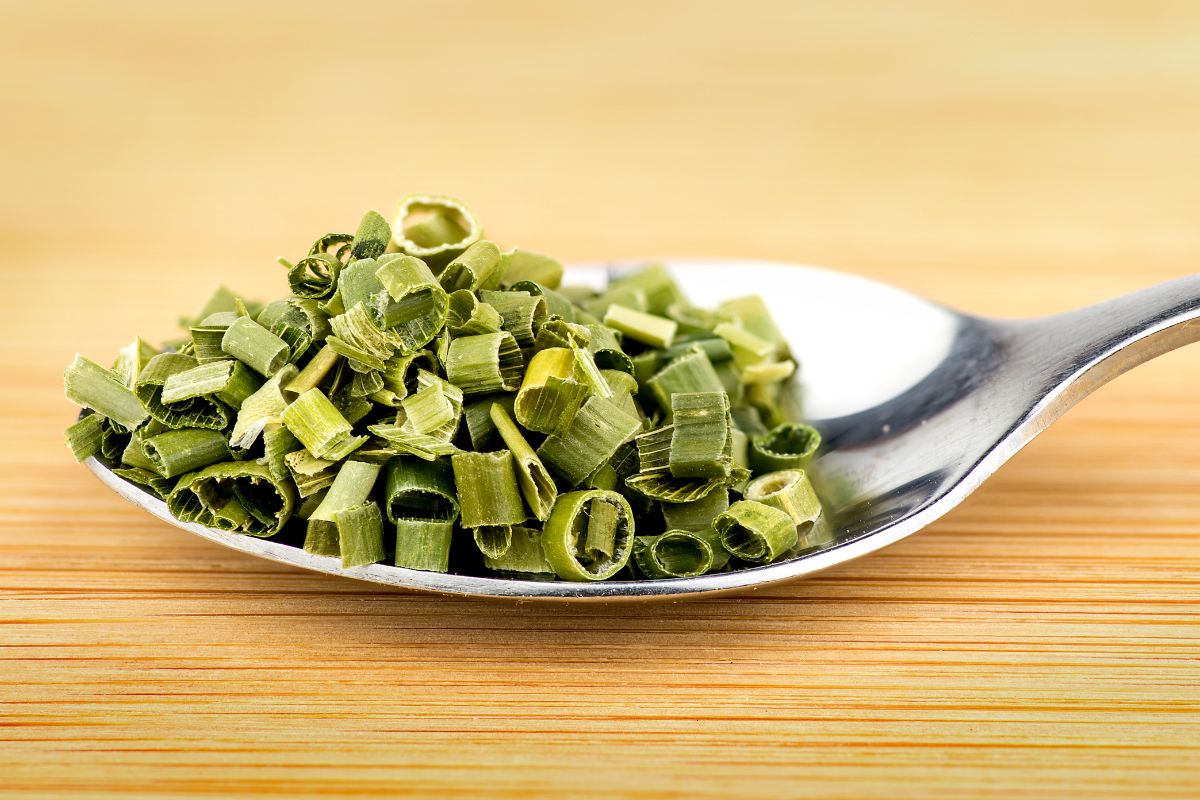
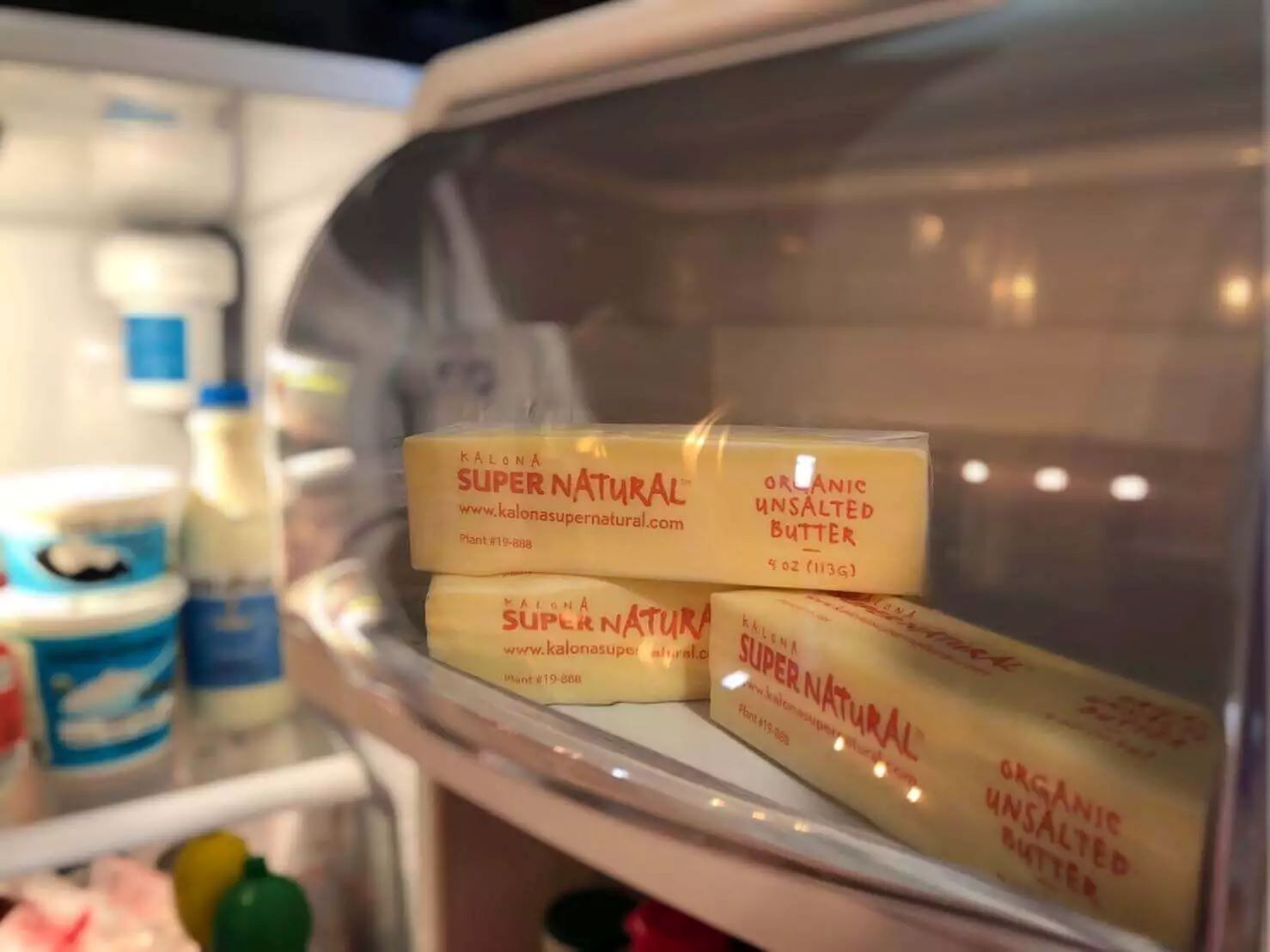
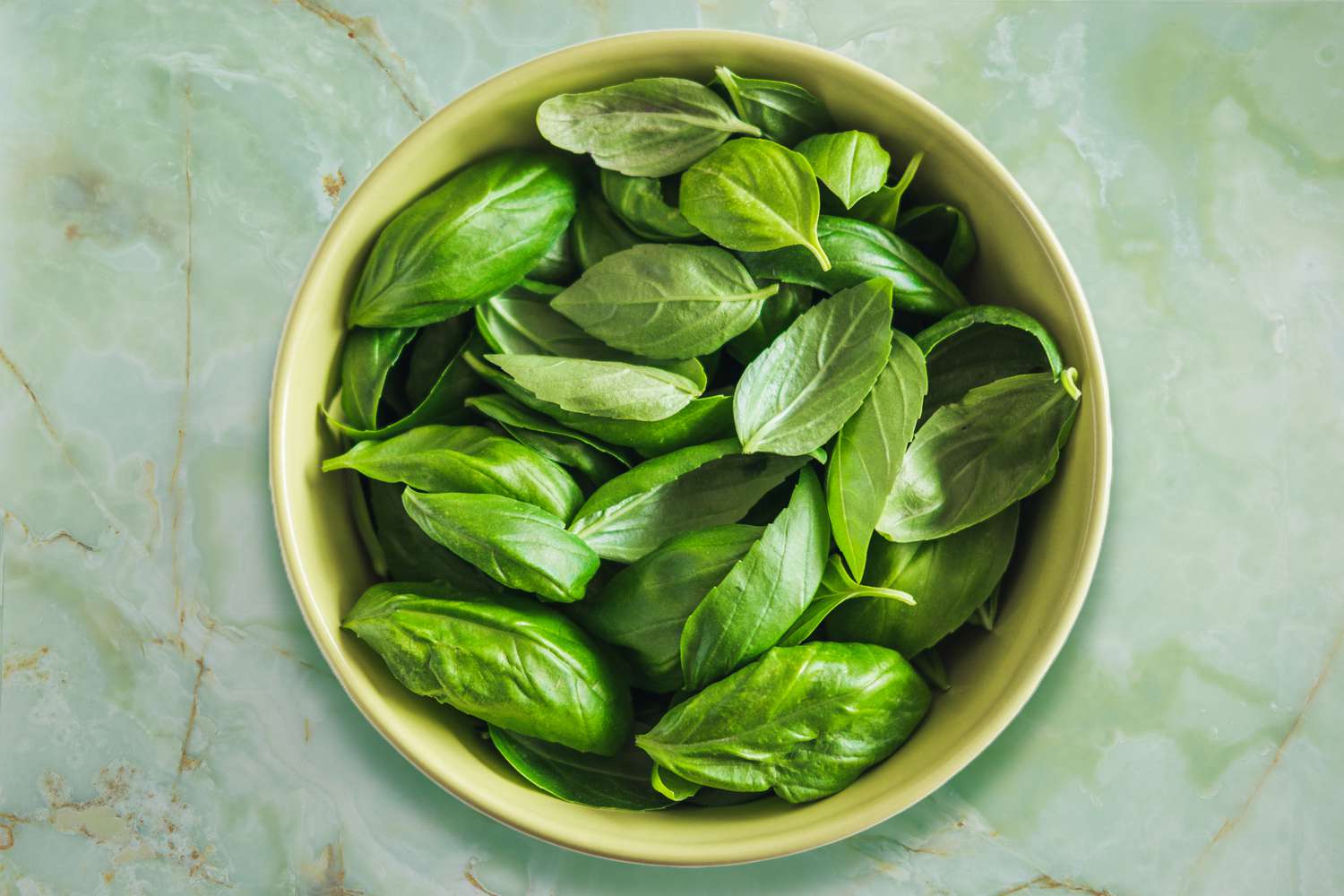
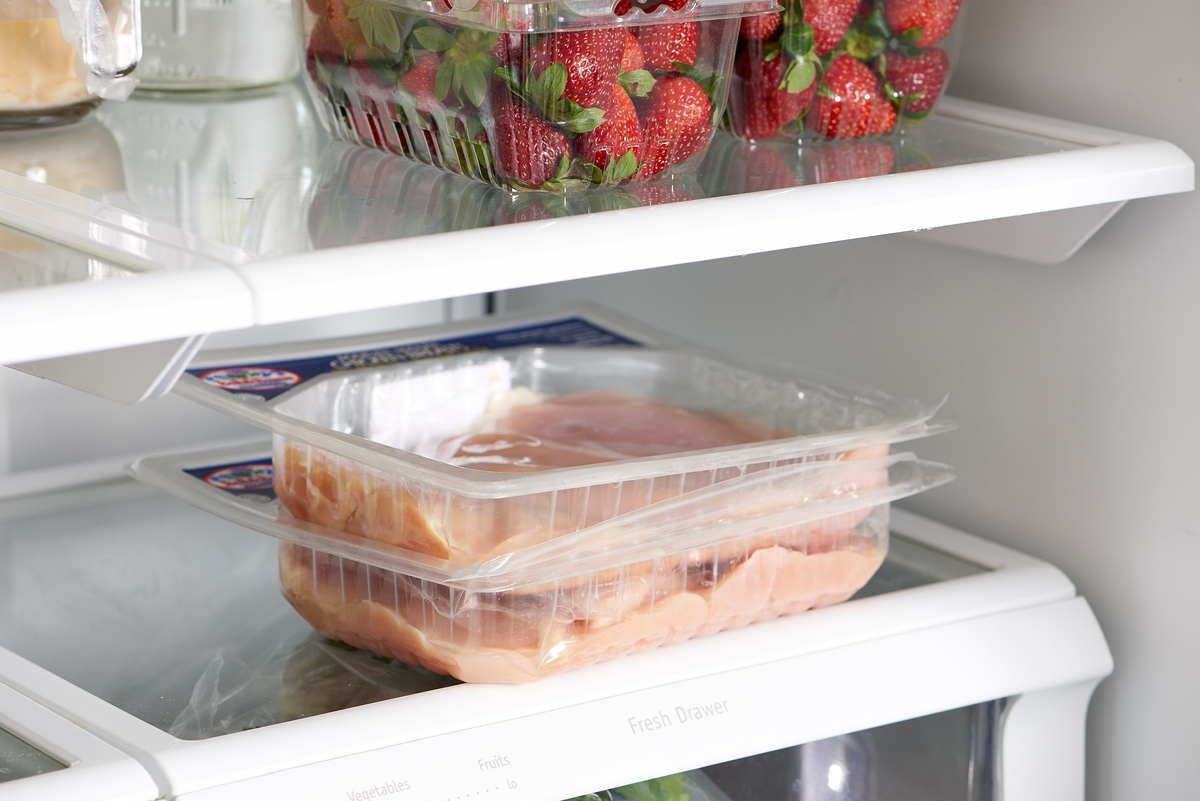

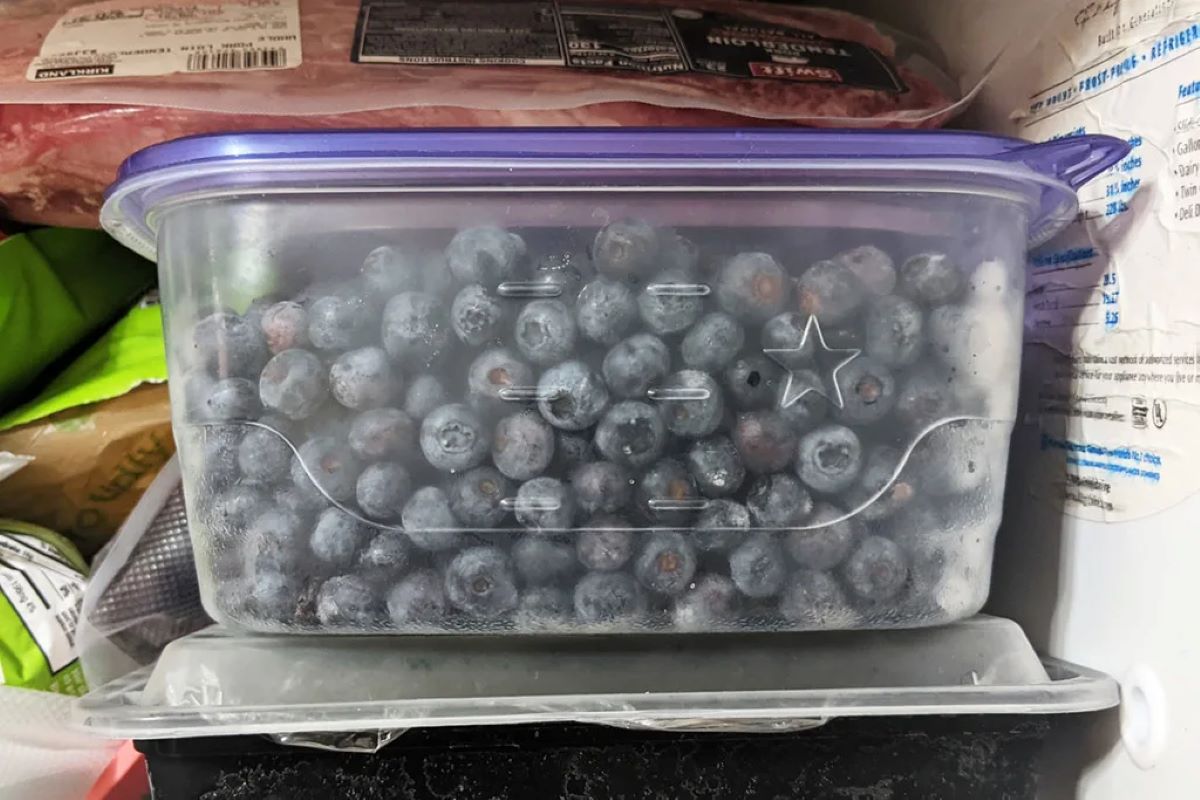
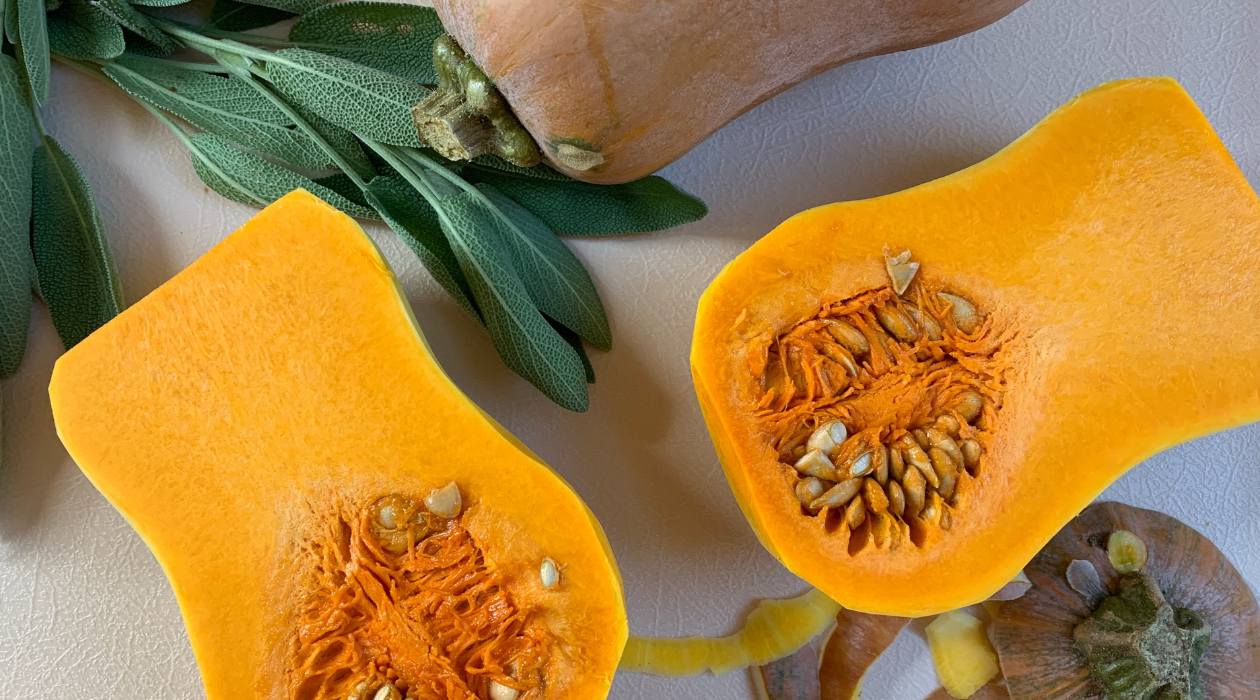
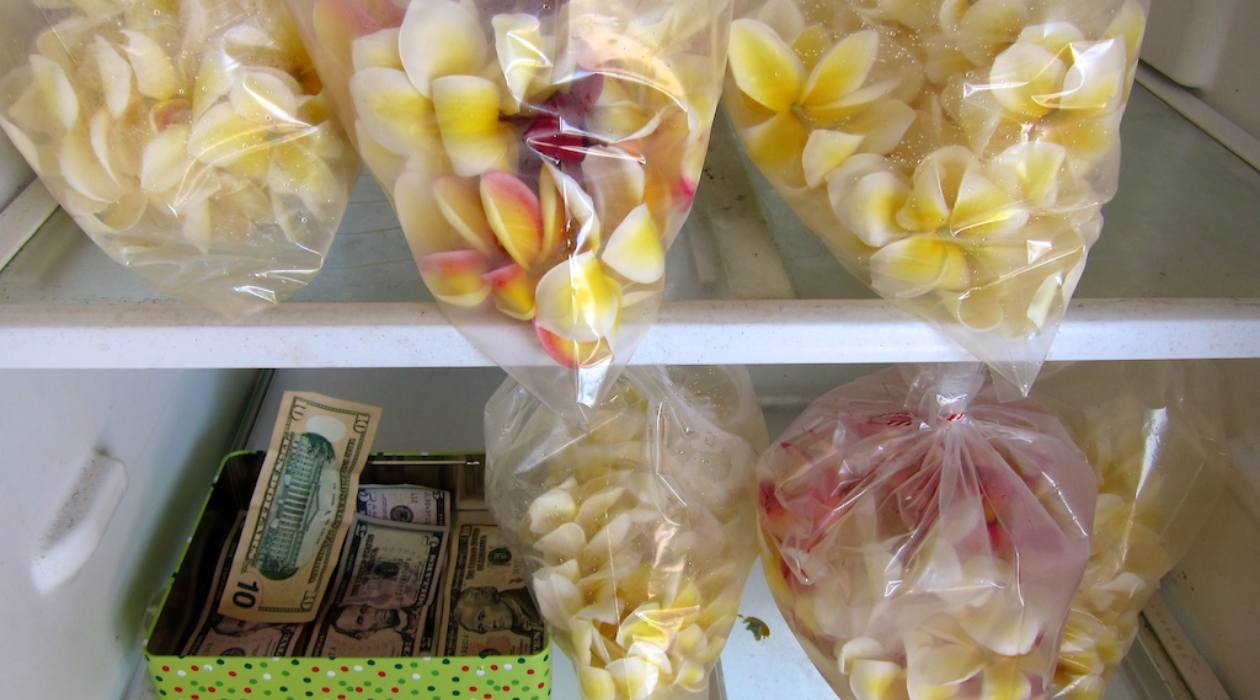

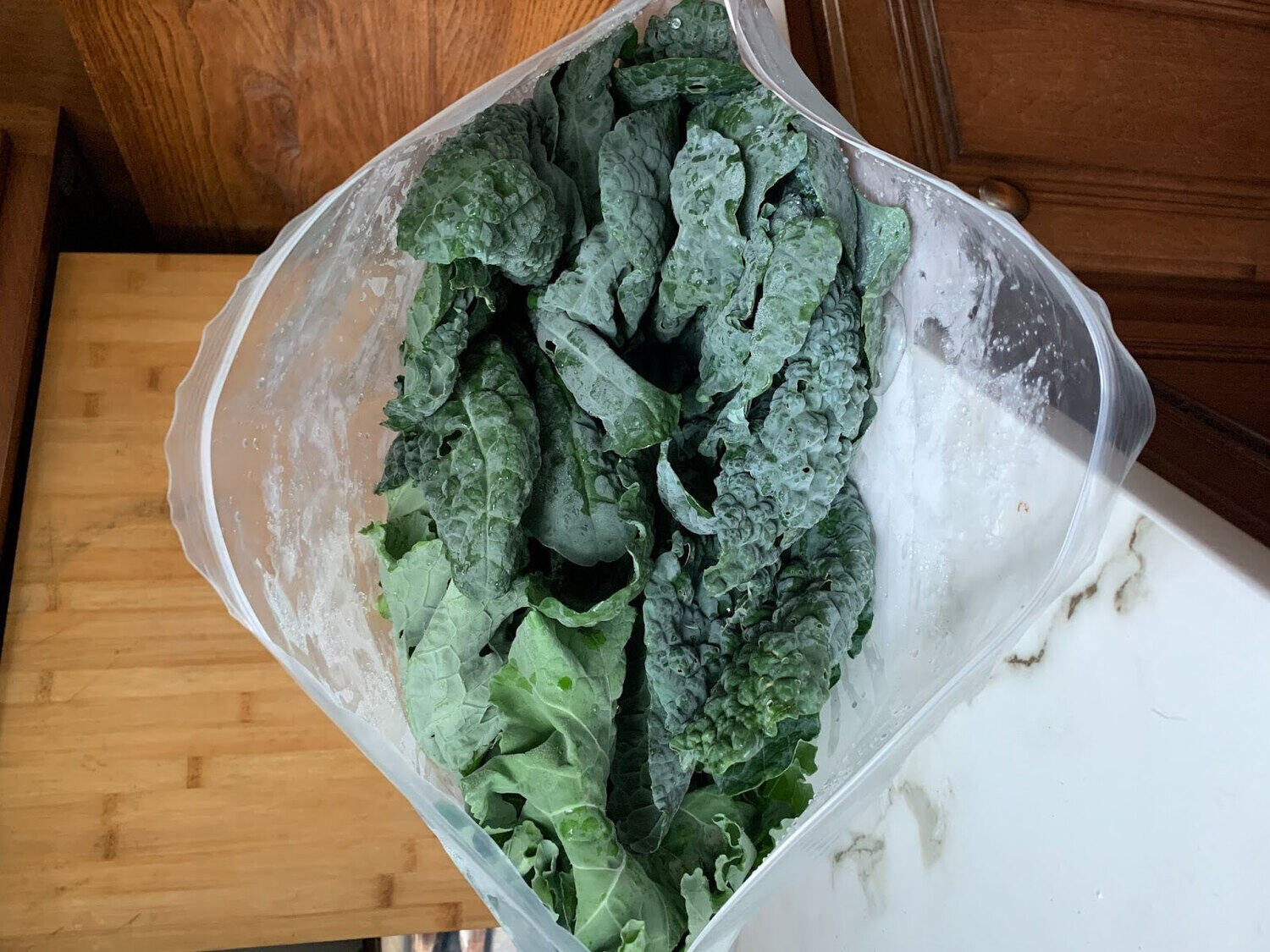
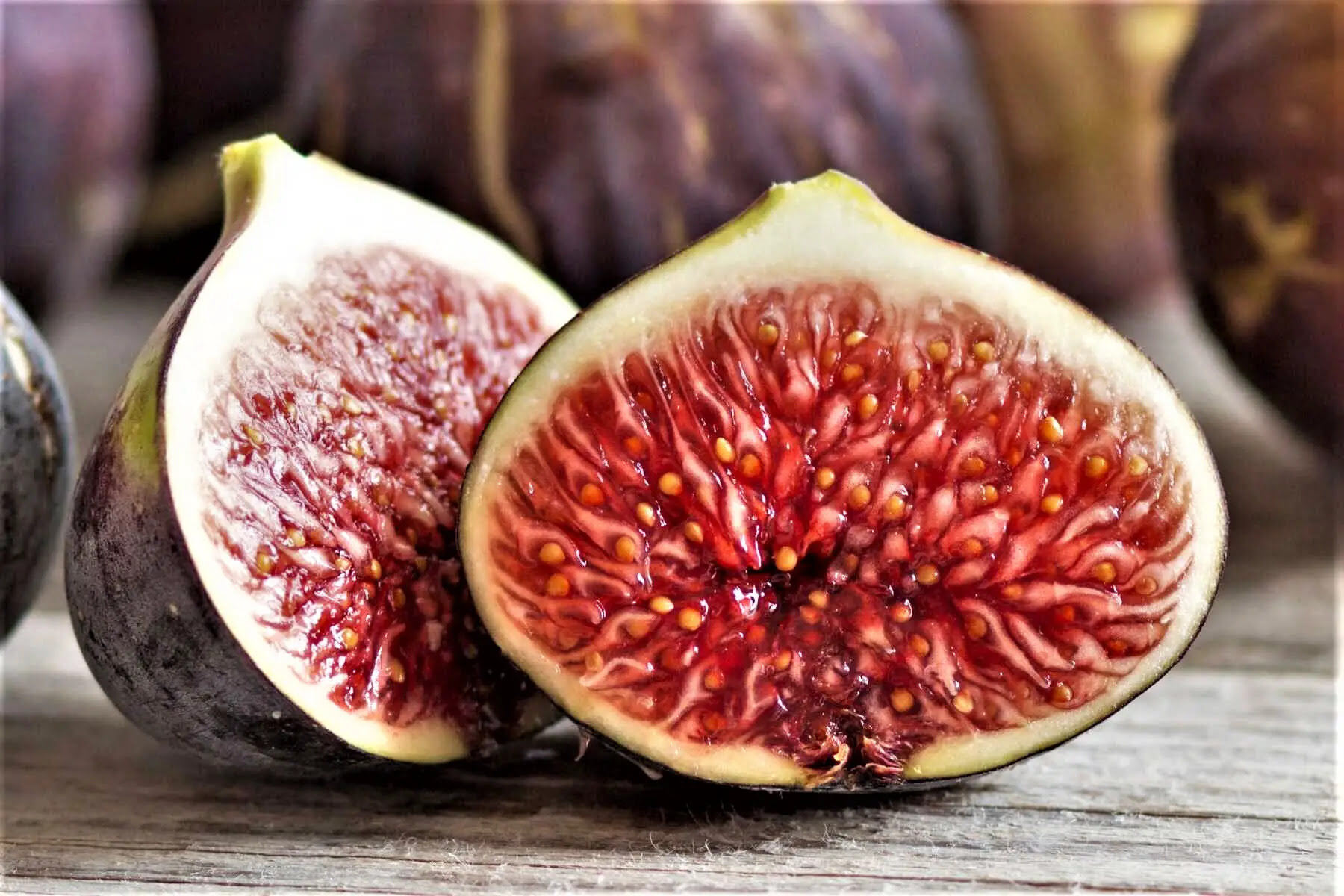
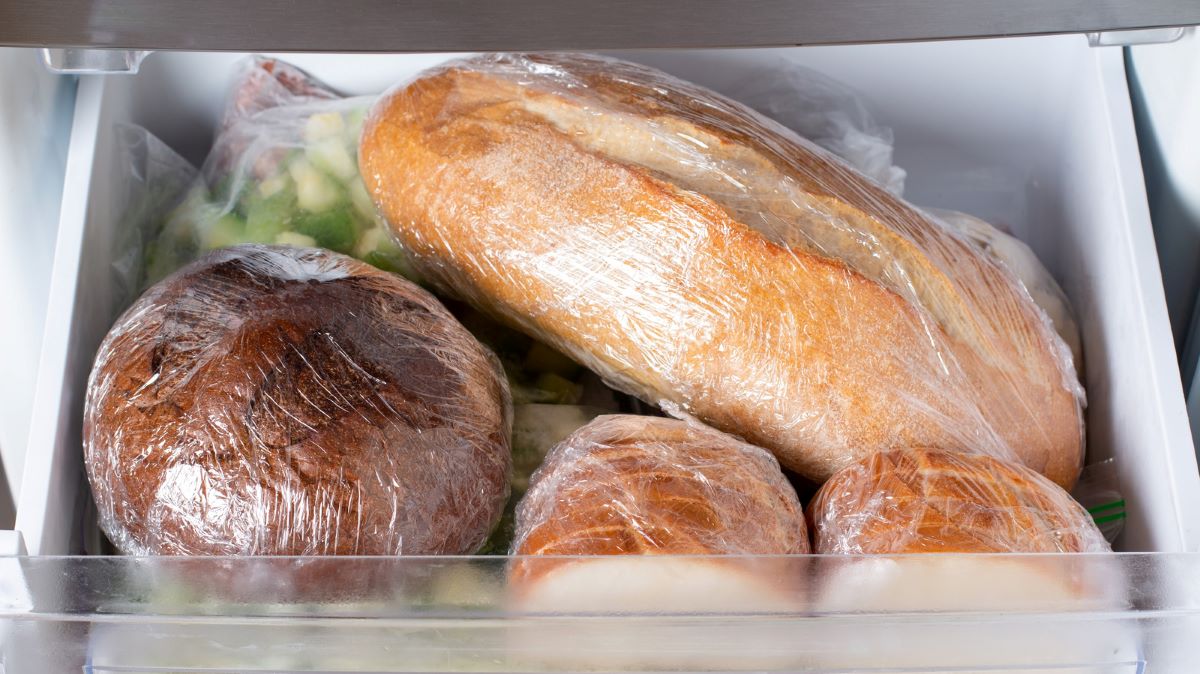
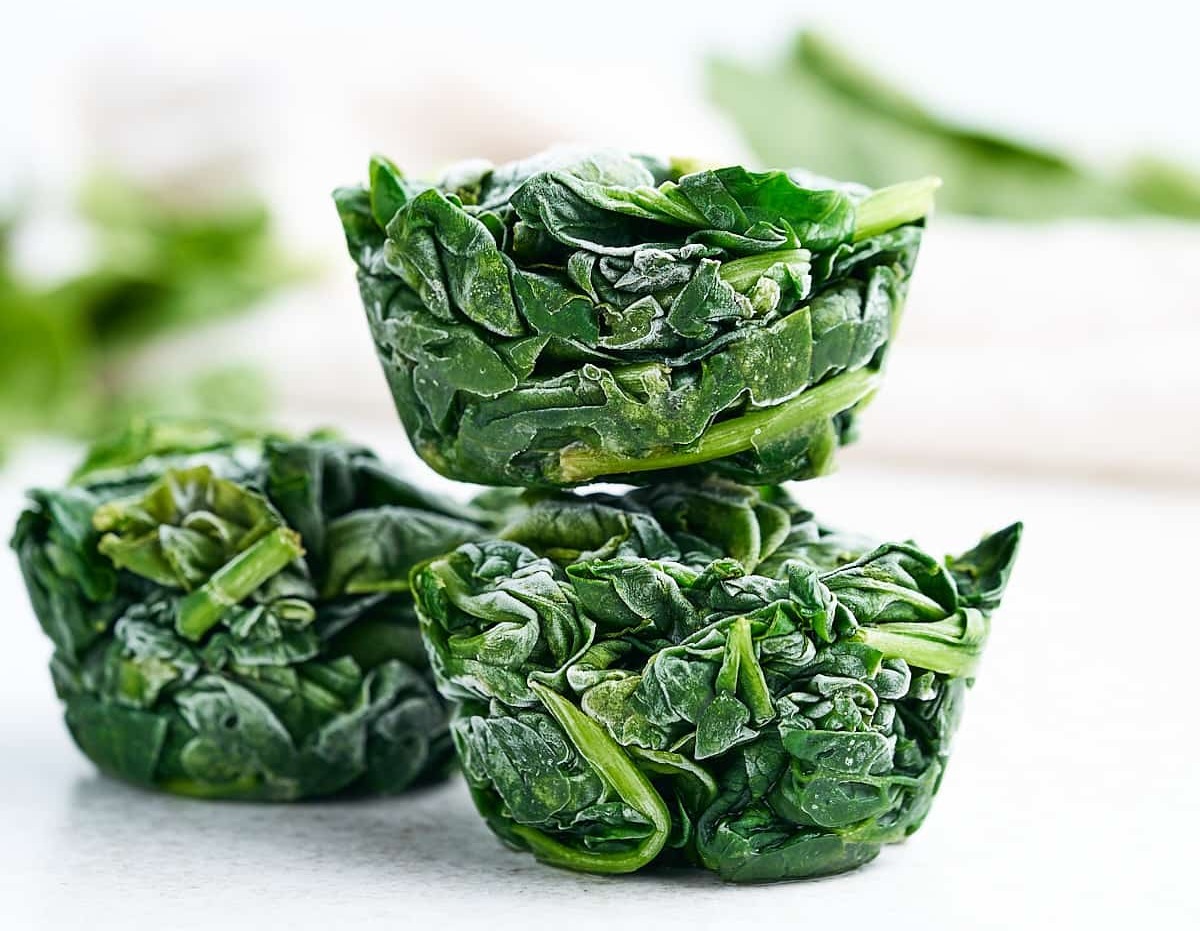
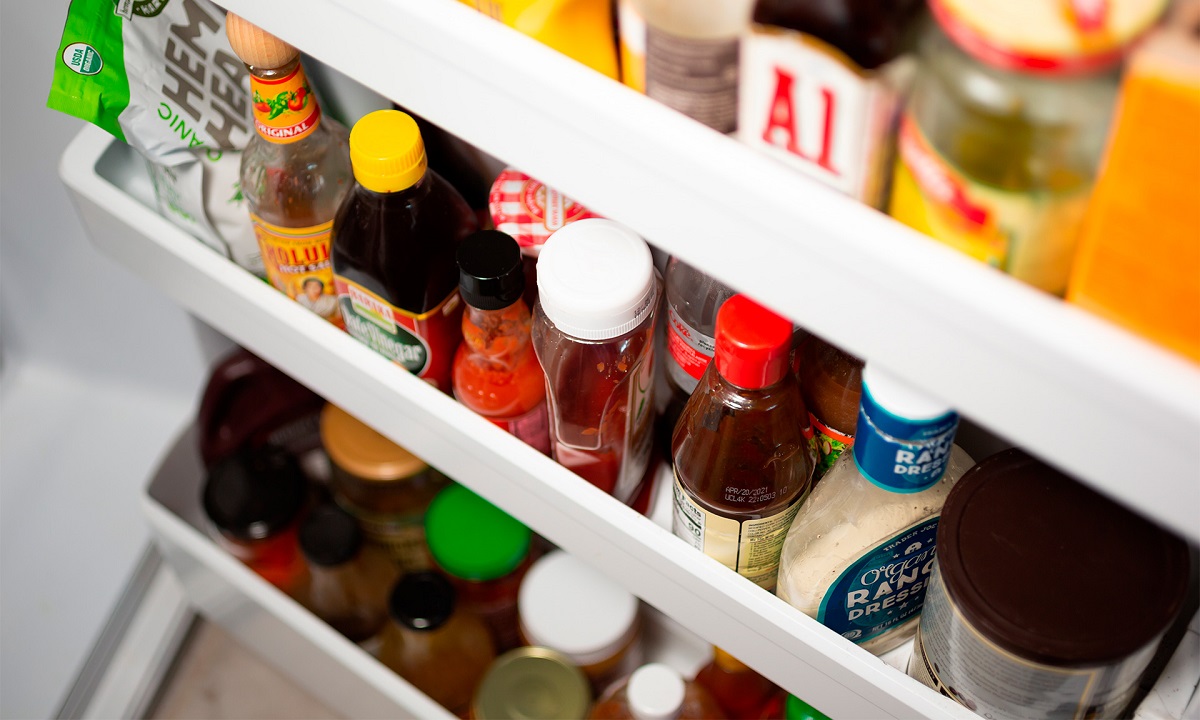

0 thoughts on “How To Store Chives In The Fridge”